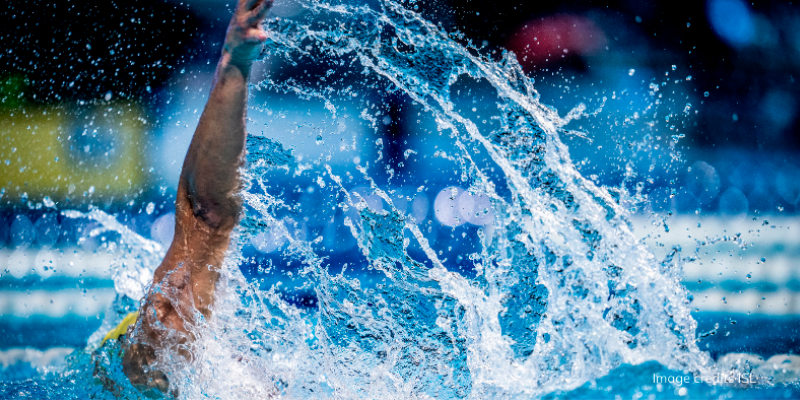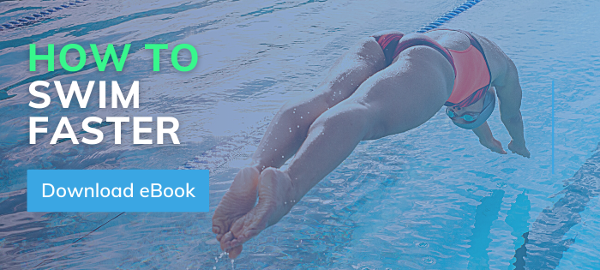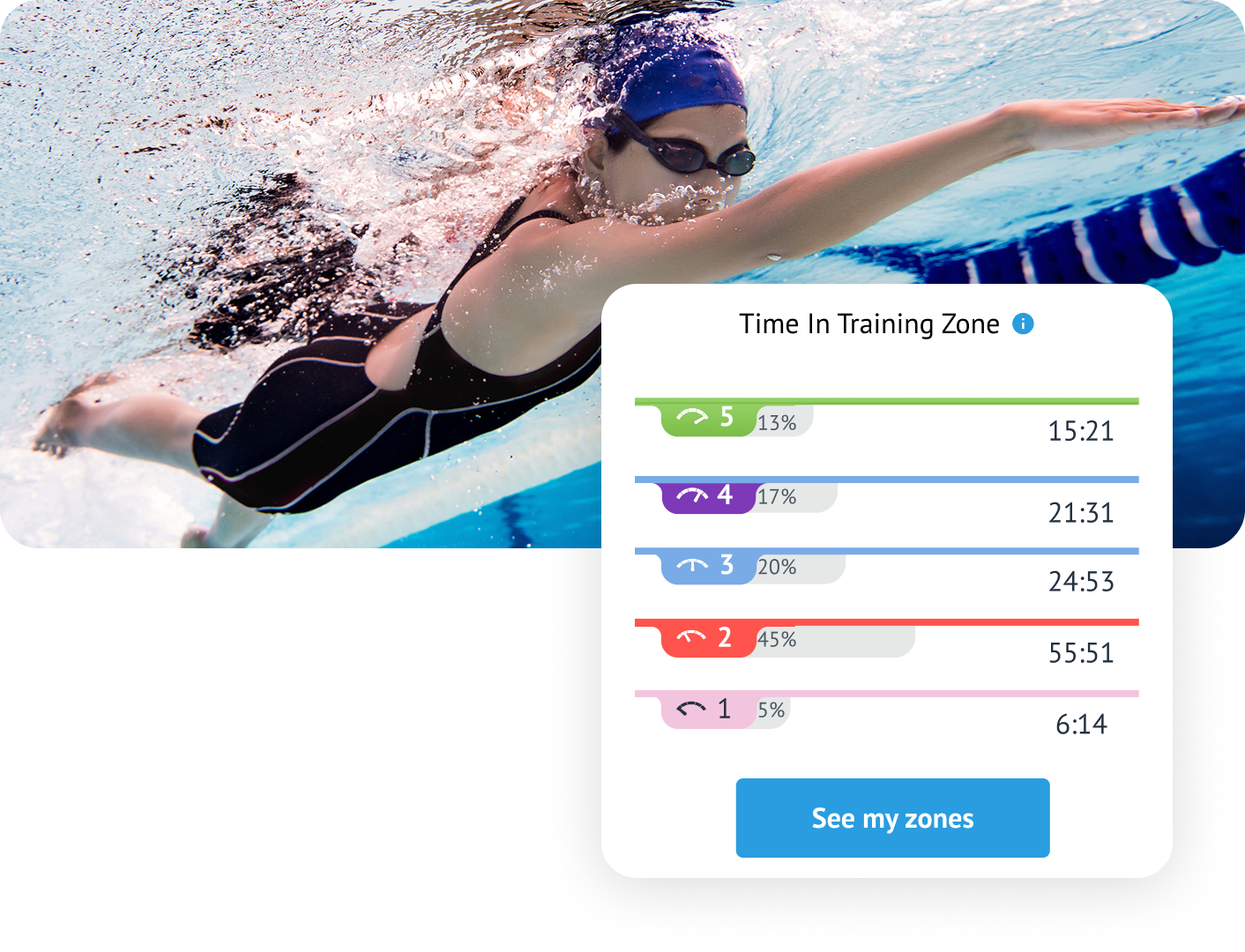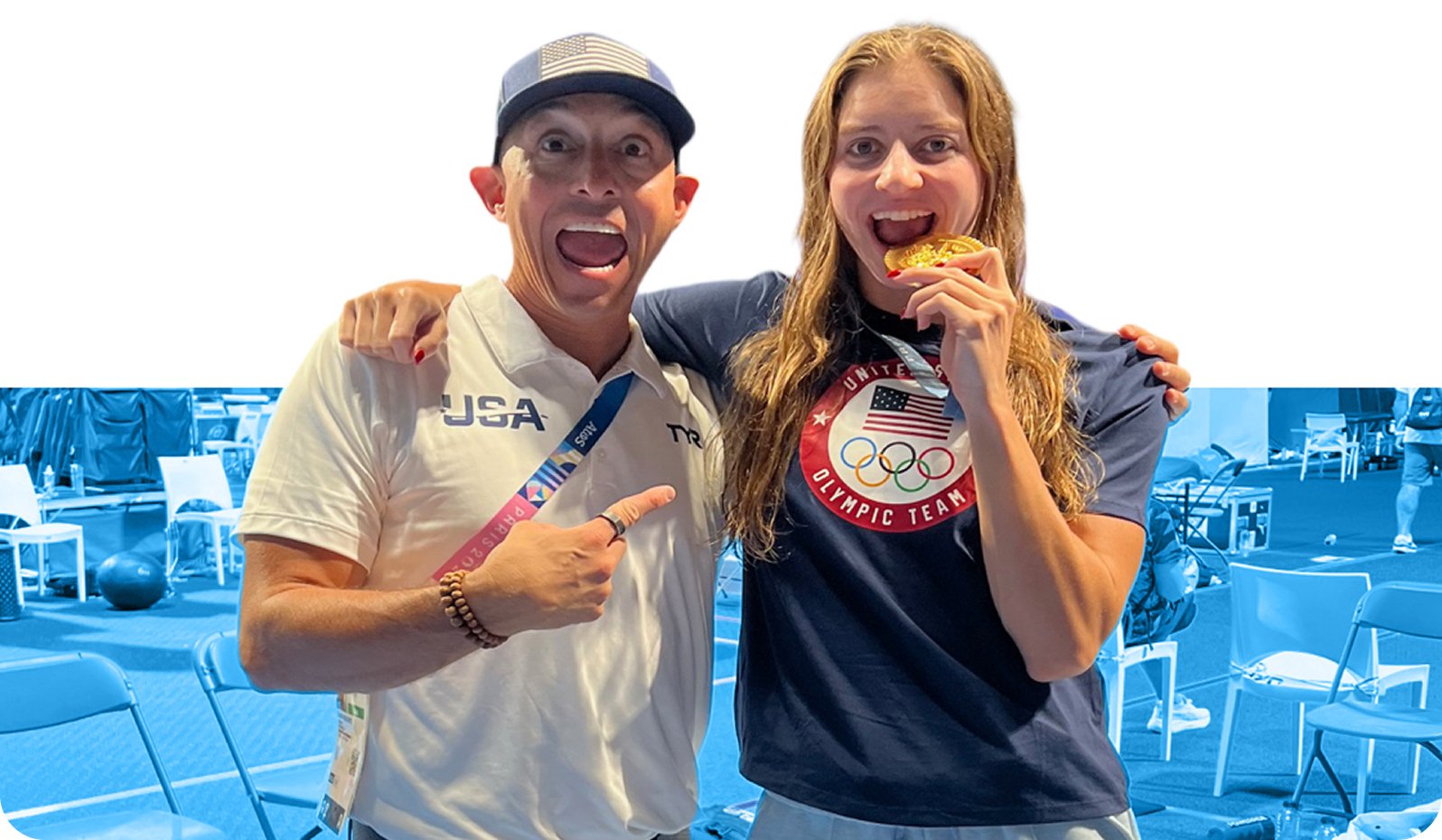Building a winning swim team means building winning swimmers. For swimmers to be fast enough to win races, they need to have a solid grasp of swimming with proper technique.
1. Identify precisely where improvements can be made.
Improving technique requires specificity. Break down their strokes. Where are they losing speed?
The first step is identifying areas that need to be worked on. It could be in one part of their stroke, or it could be a combination of things.
It’s not always going to be obvious at first glance.
Take a closer look. There could be hidden problems in their swimming, and sometimes the smallest adjustments is all it takes.
While this will vary between each stroke, here are some general things you can look at:
The Pull
-
Catch - Are the elbows high enough to properly get a hold of the water for maximum propulsion?
-
Follow through - Are they fully completing their strokes? Or are they recovering their arms too early?
-
Recovery - Where do their arms land in the water? Are they over-reaching? Crossing their midline? Muscling through the recovery?
The Kick
-
Size and depth of the kick - Are they kicking enough to gain speed from the kicks? When kicks are too small, they don’t give good propulsion, while kicks that are too big create too much drag.
-
Up kick - Often neglected, but the up kick is just as important as the down kick, especially in dolphin kicks.
Body alignment
-
Pull and Kicks - The pull and kicks play an important role in keeping good body alignment.
-
Head - Does their head position promote good alignment? What happens to their body position when they take a breath?
For more in-depth tips on good technique for each stroke, check out these posts: freestyle, breaststroke, backstroke, and butterfly technique.
2. Focus on these areas specifically at practice
Once you’ve figured out how to improve their swimming technique, you can start tailoring workouts to address their needs.
Implement drills and dryland exercises to isolate and develop the areas you’ve identified. Targeted improvements are key for better overall swim performance.
Once they’re swimming with better technique, start incorporating more speed and strength training.
Are they able to maintain good stroke technique when they start to speed up? If so, you can move on to training a different component of their swim.
Even when they’ve made improvements, come back to it every once in a while. Repetition is key.
3. Provide constant, constructive feedback
Swimmers can’t see what they’re doing. And sometimes, they may think they’re swimming one way, when they’re actually doing something else.
So, it is critical to give them constructive feedback on how they’re doing and help them discover ways to further improve.
Swimmers won’t always get it right the first go around, and change doesn’t happen overnight. Guide them throughout the entire process.
This will also serve as an encouragement for them to stay engaged in their training so that they are motivated to not only work on developing their technique but also to continue doing what they need to do to swim faster and win races.





.png)

